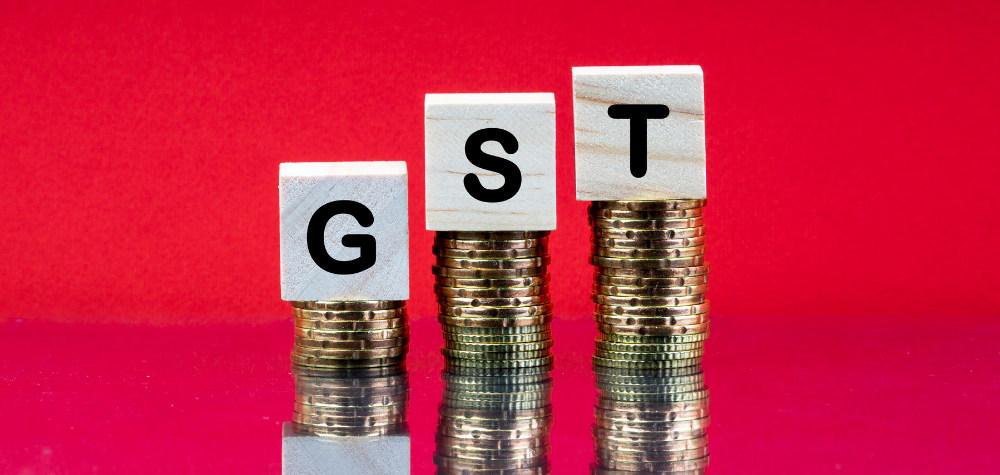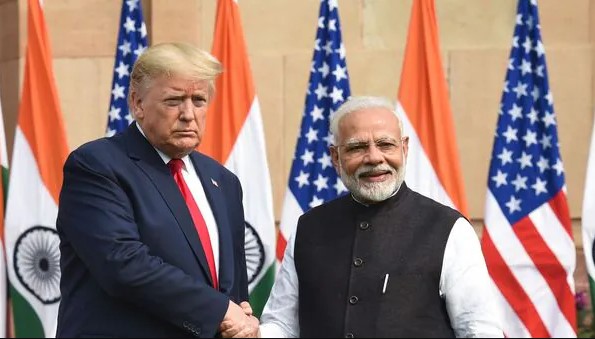
Hero or villain of global trade
- May 10, 2025
- 0
US President Donald Trump’s tariff attacks appear to be causing serious damage to the global trade system. These measures are more stringent than those initiated by Trump during his first term in 2016, but they also seem to be delivering.
It is easy to blame the US for destroying the global trade system. But this is only part of the story. The fundamental flaw in international trade in the era of the World Trade Organization (WTO) is the understanding that costs, subsidies and protection are transparent. Unfortunately, the world’s largest trading power does not meet this test. If China disproves this notion, then the whole trade system itself depends on lies.
Chinese families cannot spend as much as they would like and get very little return on their savings. That is why china’s household consumption and wealth are much lower than in the general economy.
The political imbalances in the Chinese economy have also distorted the global economy. Secret subsidies on electricity, land and capital have made it very difficult for more transparent economies to compete with Chinese manufacturing.
According to estimates, China has the cheapest electricity for industry among major economies. The cost of industrial electricity is 60 per cent of India’s, and only a quarter of Germany’s. China has increased and is still increasing tax subsidies for export-oriented sectors such as electric cars, batteries and solar panels. China’s trading partners cannot find a solution to this in the WTO system.
China’s massive manufacturing capacity will start swallowing up industries in poor countries.
These countries should be able to replace China at this time because China’s wages and other expenses should have These countries are not replacing China, but becoming an alternative to China. This has never happened in global economic history.
Most countries have failed to find a way to counter the damage caused by China’s excessive capacity. India is also returning to the license rule through ‘quality control orders’. These orders cannot directly target Chinese goods, hence they are hurting domestic traders and foreign investors.
We have to identify the problem properly and deal with its root cause i.e. China’s domestic policies.

































































